Ariel Sharon and his Likud party used to be the safest of bets for American supporters of Israel who are conservative, hawkish or focused foremost on security. And Sharon’s Likud could rely on its American tribe for financial and political support.
But times have changed — and changed again. When Sharon, as Israeli prime minister, pulled Israel out of Gaza last summer, he angered or discomfited many of Likud’s most loyal supporters here. Then, he left Likud to form a new political party. And this month, Sharon suffered a major stroke that almost certainly will end his political career.
All of which leaves America’s Likudniks facing new uncertainties.
The official American Friends of Likud organization, in the midst of a California and national expansion drive, has come down solidly in support of Benjamin “Bibi” Netanyahu, the new head of the Likud Party.
By contrast, a sampling of veteran American Likudniks, who have known both Sharon and Netanyahu for many years, indicate an unwavering support for Sharon.
Ari Harow, the 32-year-old executive director of the New-York based American Friends of Likud (AFL), estimated in a call from Israel that less than 5 percent of the membership had followed Sharon out of the party.
“The vast majority of our people do not believe in a leadership that abandons the ship,” said Harow, referring to Sharon’s defection from Likud, which he had helped found.
Robert Rechnitz, who heads AFL’s Western States region, was even more outspoken.
Without Sharon, “Likud is now a better and much cleaner party,” said Rechnitz, adding that he knew of no local members who had gone over to Kadima, the political party .
AFL’s membership figures are modest compared to non-partisan Jewish mass organizations, with executive director Harow claiming 3,000 to 5,000 dues-paying members. The much older Labor Zionist Alliance (recently renamed Ameinu), at the other end of the political spectrum, claims somewhat less than 10,000 paying members.
The New York-headquartered AFL, however, has a national voice as a member of the conference of major American Jewish organizations and the American Zionist movement. Some of its major supporters are quite wealthy and politically well connected.
In the post-Sharon era, a new Likud is evolving under Netanyahu’s leadership. He is currently pushing for a relatively centrist slate of Knesset candidates against a more hawkish faction.
Only time will tell how this will play out with the AFL and how much that might matter in Israel.
Uri Harkham, a Los Angeles business executive and a strong financial backer of Likud since the election of Prime Minister Menahem Begin in 1977, continues to back Sharon unreservedly as well as Sharon’s new political party.
“I totally support Sharon, he bridged the gaps in Israeli society,” Harkham said. By contrast, “Netanyahu is the worst thing that happened to Likud. He left the party in shambles.”
Jonathan Mitchell, whose family members have been pro-Israel activists for generations, said he had known and supported Sharon for 20 years.
Mitchell said that he stuck with Sharon not out of personal loyalty, but based on leadership quality.
“Sharon has been a much better prime minister than Netanyahu was,” he said.
Ehud Olmert, now the acting prime minister and leader of Sharon’s new Kadima Party, is a lesser-known quantity in America than Sharon or Netanyahu. However, Glenn Yago, a leading economist at the Milken Institute, worked closely with Olmert during his long tenure as mayor of Jerusalem.
“Olmert is tremendously hard-working and talented,” Yago said. “He is responsible for the enormous changes in the physical infrastructure of Jerusalem. I think he would make a pretty good prime minister.”
Regardless of Likud’s immediate fortunes in Israel, the American support group is making a serious effort to raise its profile, aiming at a younger demographic through its Caravan of Democracy’s Israel advocacy training program at high schools and a young professional leadership development program.
During the past two years, AFL has sought to expand beyond its New York-area base. Its Web site map of the United States highlights chapters in Los Angeles, San Francisco, Chicago, New Orleans and southern Florida.
Only the New York headquarters and the Los Angeles chapter list any contact numbers, but Harow maintained that groups in other cities are functioning and that the website simply needs updating.
Backing the expansion drive, Israel’s Likud leaders have been paying particular attention to the party’s American supporters. Last year, Los Angeles alone welcomed visits by Netanyahu and education minister Limor Livnat, as well as by Knesset stalwarts Uzi Landau and Yuval Steinitz, both considered on the hardline end of the Likud Knesset faction.
Rechnitz, a 50-year old real estate developer, is on the national AFL board and two years ago founded the Western States chapter, which now claims close to 500 members.
The membership is concentrated in the Los Angeles area, though there are knots of supporters in San Francisco and Oakland who turn out for visiting speakers.
Rechnitz said that more than half his members are from the Israel expatriate community, although other estimates put the percentage considerably lower.
“Most of these expats probably supported Labor when they lived in Israel, but have now become Likudniks,” he said. “There are other members who crossed over from the left, after supporting disengagement from Gaza, because they didn’t like the way Sharon jumped without getting concessions from the Palestinians.”
The latest addition on the local Likud scene is the AFL’s Beverly Hills chapter, founded by attorney Myles L. Berman.
American Friends of Likud invites the public to meet with former refusenik and Israeli cabinet minister Natan Sharansky at 4 p.m., Sunday, Jan. 22, at the Nessah Synagogue, 142 S. Rexford Drive, Beverly Hills. Sharansky will also meet privately with members of the entertainment industry and others. For details, visit www.thelikud.org or e-mail info@thelikud.org.







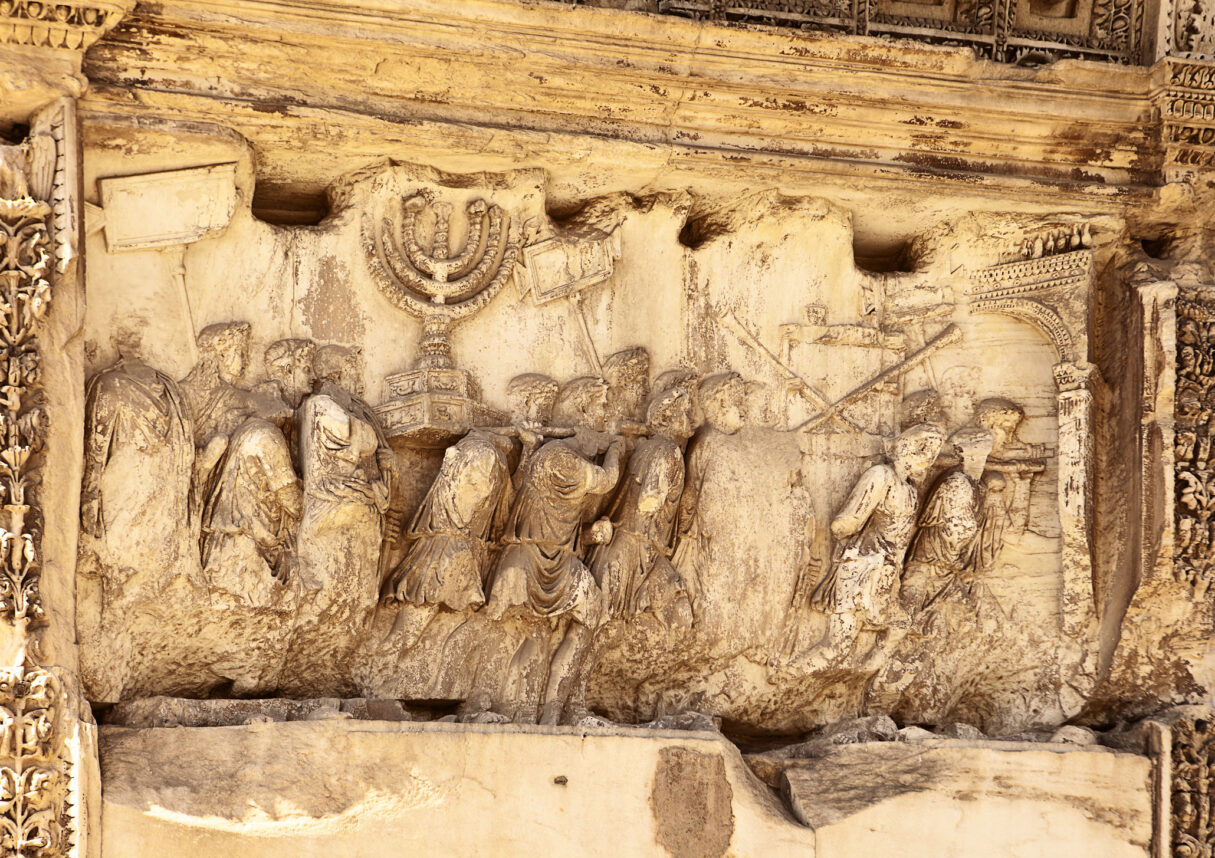
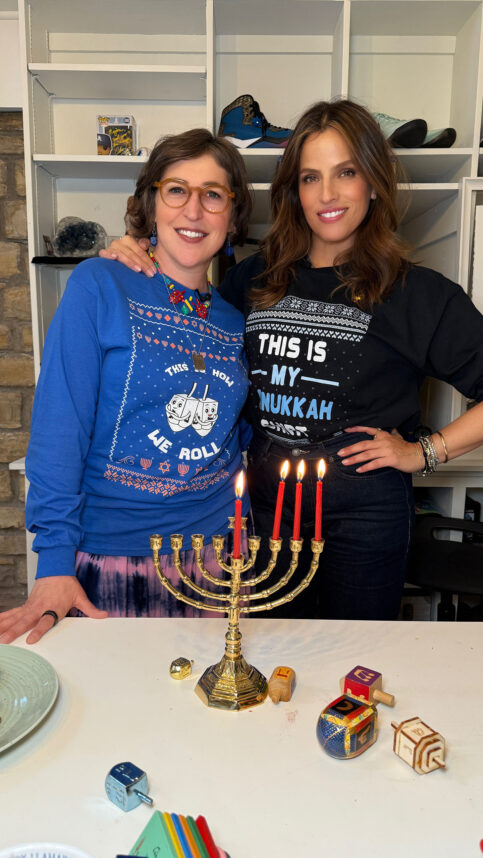


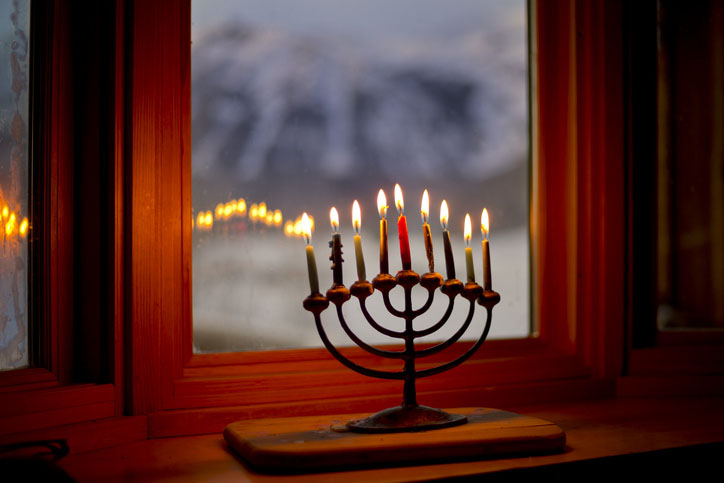
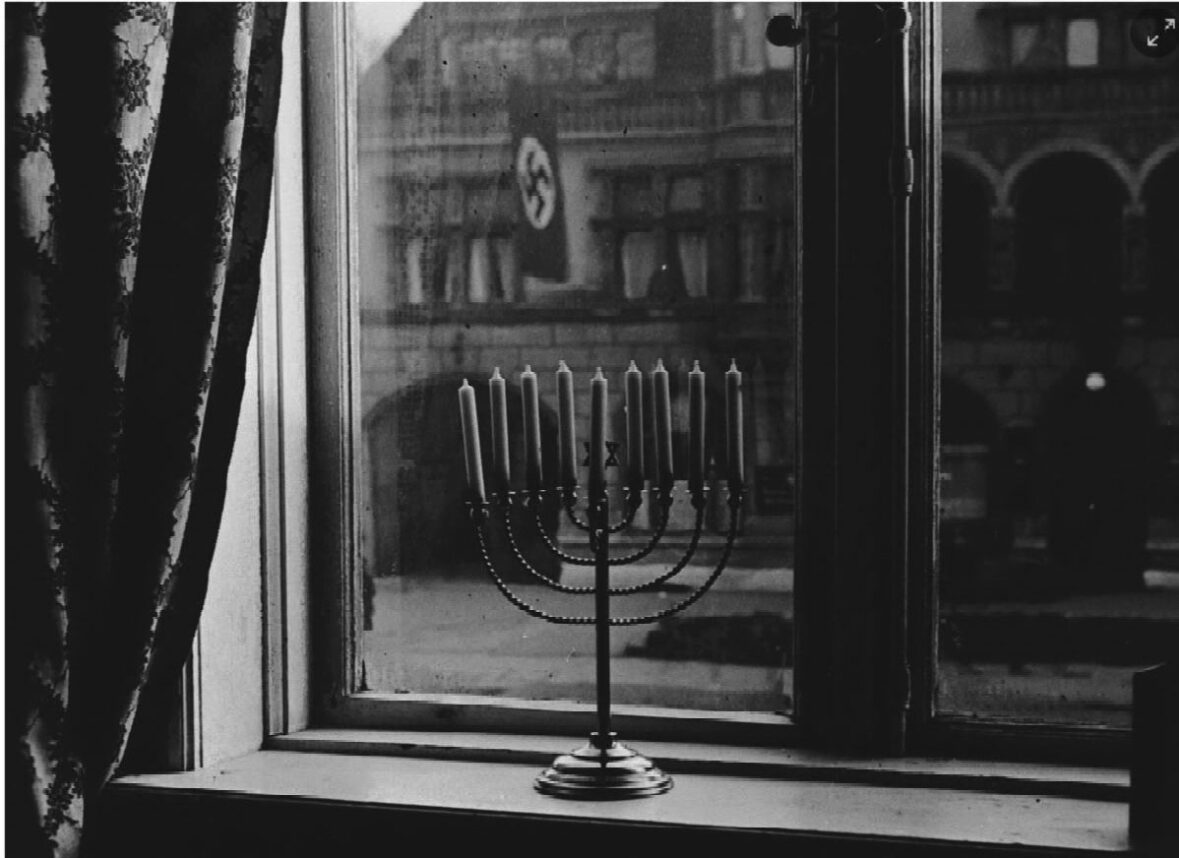
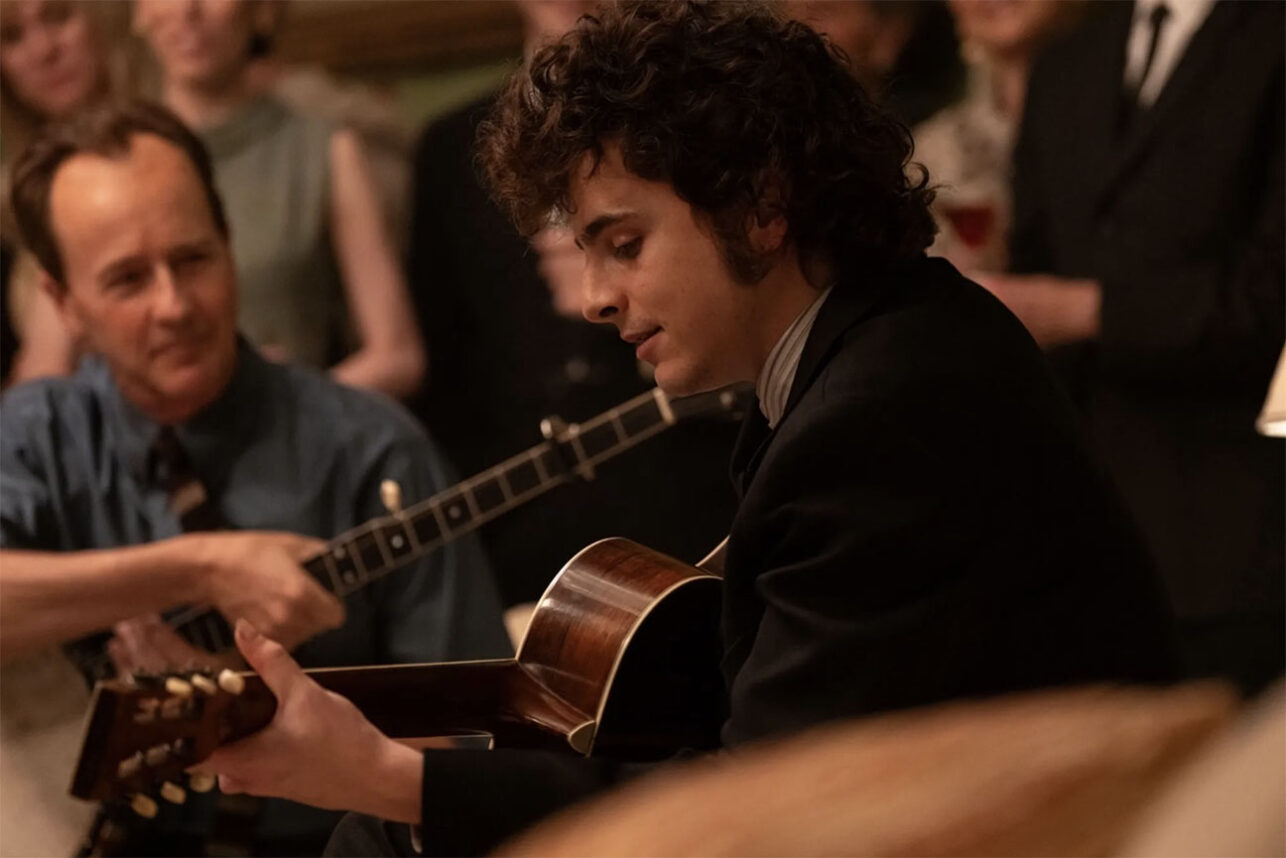
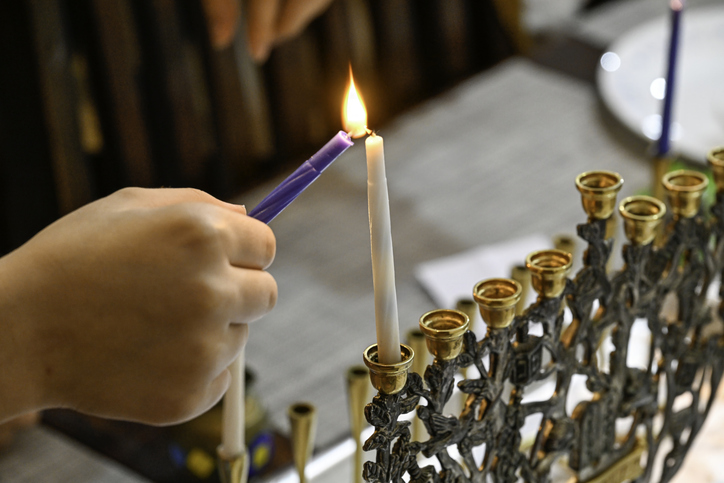
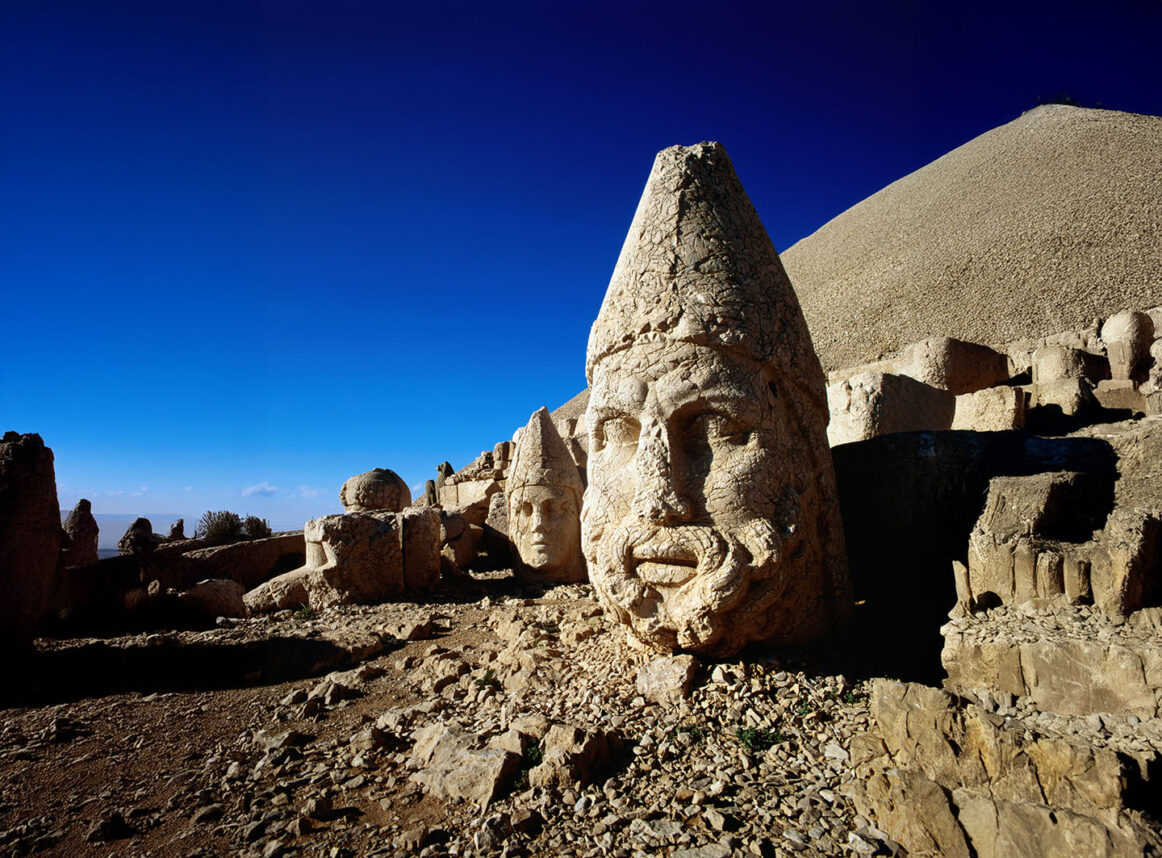
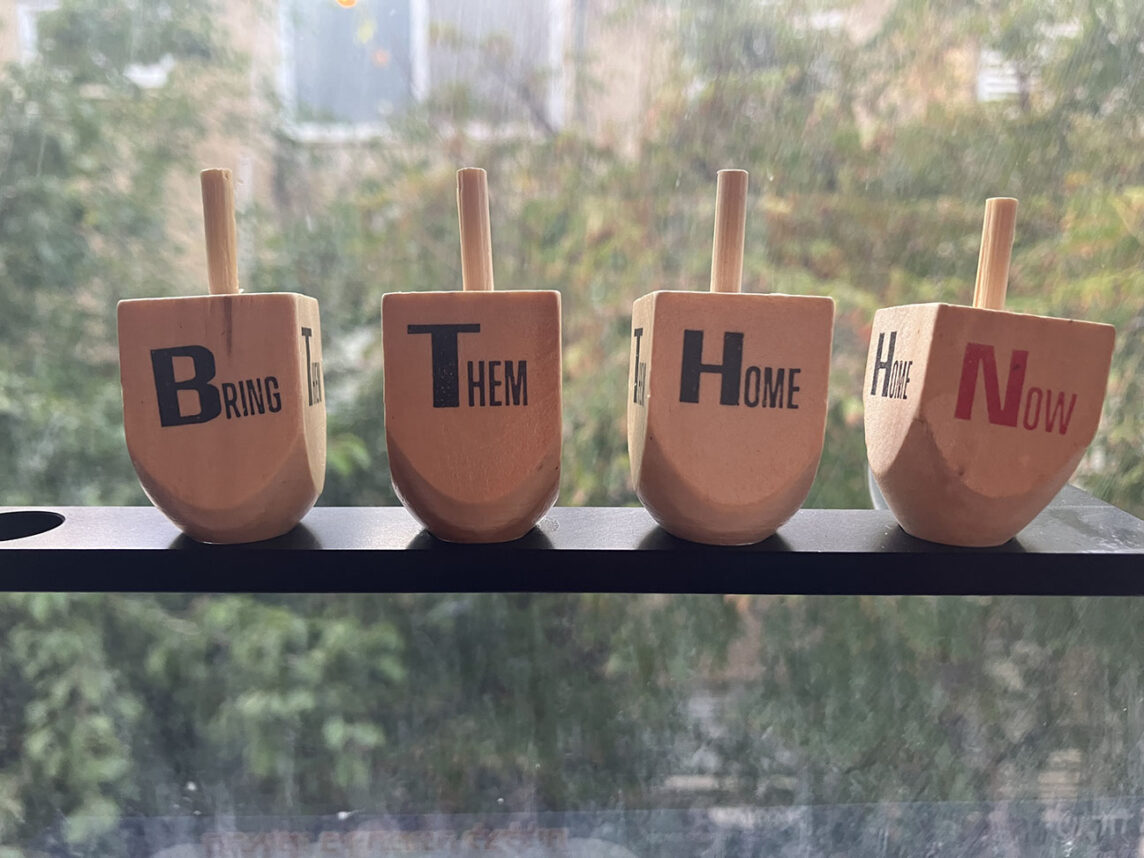





 More news and opinions than at a Shabbat dinner, right in your inbox.
More news and opinions than at a Shabbat dinner, right in your inbox.